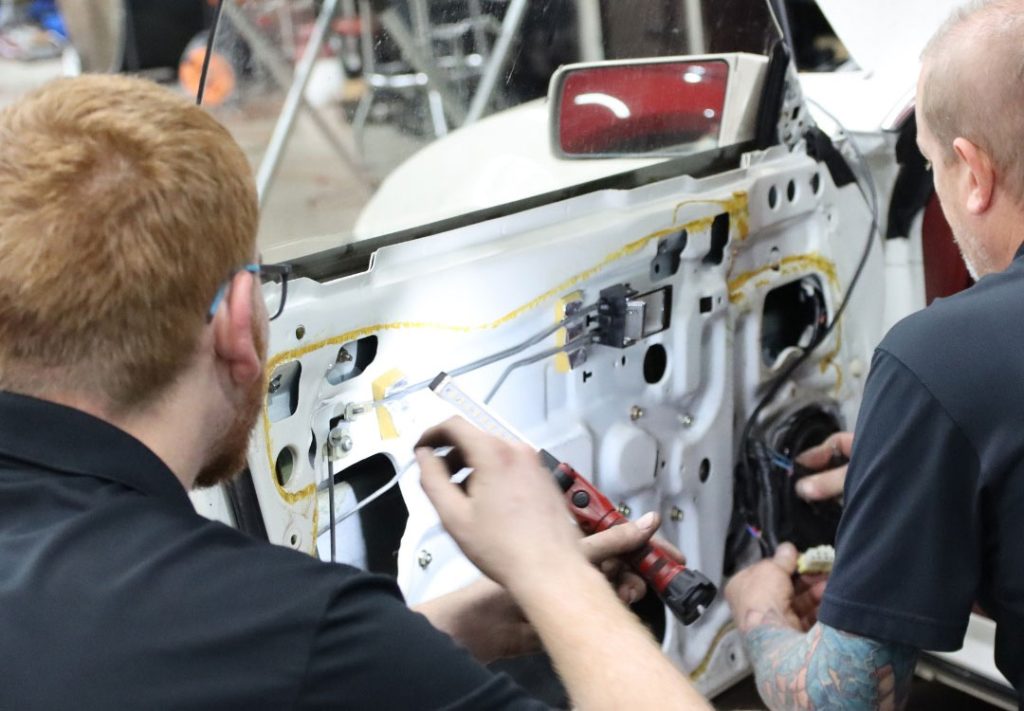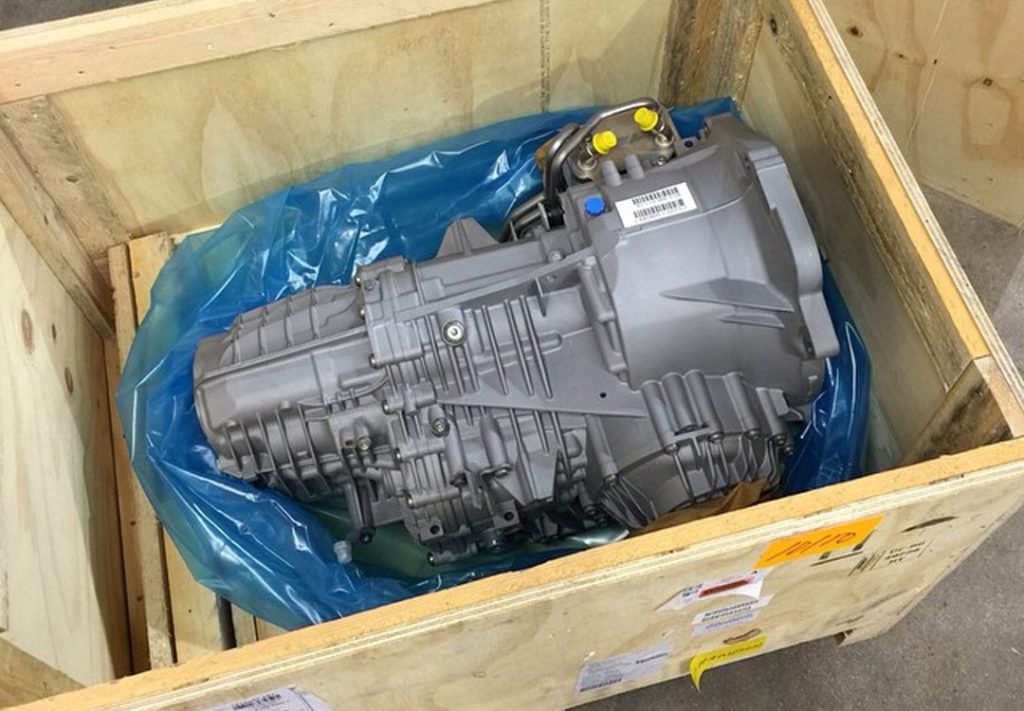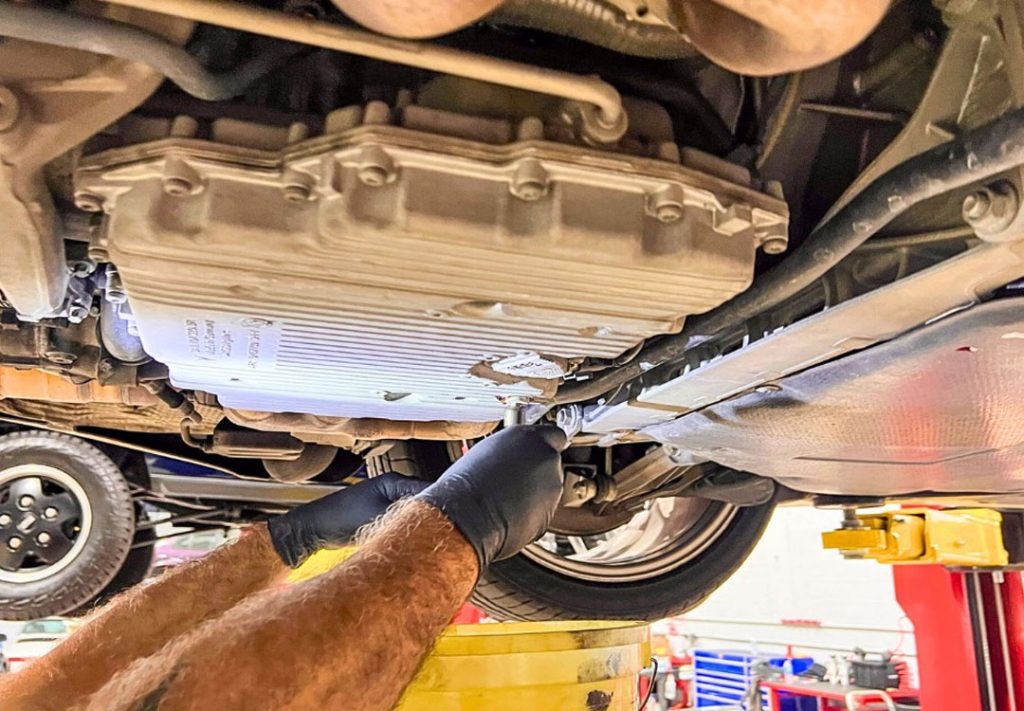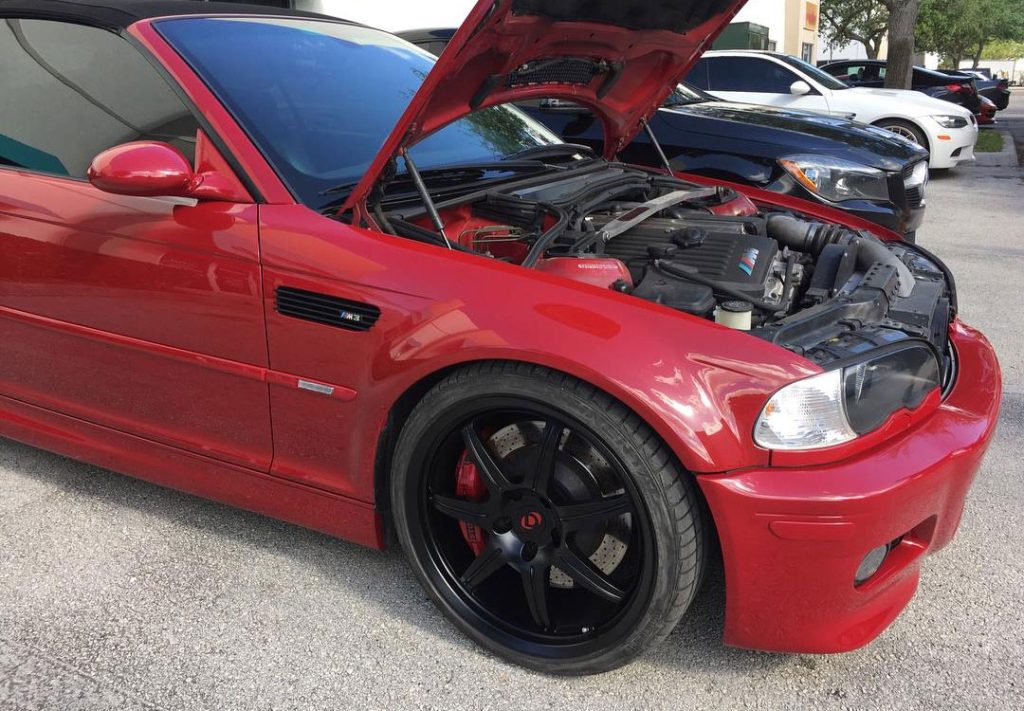The Most Common European Car Repairs And How To Prevent Them

Bentley, Mercedes-Benz, Aston Martin and Porsche, some of the biggest names in the European automotive scene have built reputations on delivering models that both thrill and excite from a cocoon of luxury, but like any car, they are still prone to common repair issues that require the magic touch of a European Auto Repair Specialist. Regardless of what brand or model you have your eye on, here are some of the most common repairs we see on European cars and how best to prevent them.

Electrical Gremlins
There is a lot of competition in the European car scene, with each manufacturer trying to outdo and best the next, and one of the best ways to edge out the competition is by staying on the bleeding edge of technological advances. Features like LED matrix headlights, Android Auto and Apple Carplay, lane keep assistance, radar guided cruise control and integrated speed and traffic light warnings have been mainstays in European cars for over a decade now, but are only found in some of the highest end models from America, Korea and Japan.
The problem with the bleeding edge is that you always run the risk of getting cut, as often these features don’t get the test time they used to before being implemented across the brand. This often leads to failures that the manufacturer isn’t aware of, and requires the vehicle to be recalled, or have the affected components revised and redesigned for better reliability.
When looking at any European car, look at what has changed over the previous model year, chat to other owners and enthusiasts of the brand from a local car club, such as The Porsche Club of America, or when buying an older model, opt for a production year later in the life cycle where many of known issues would have been addressed in production.

Transmission Woes
Outsourcing production of key components has become commonplace all over the automotive industry, with competing manufacturers often using the same suppliers for components. One of the leaders in automotive transmissions is Getrag. Getrag built their reputation by designing and building transmissions for Porsche, but quickly began supplying transmissions to Audi, BMW and even General Motors.
The problem with this business model, is that while casings may vary from model to model, often the guts and brains that make up the transmission are the same, or at least very similar, and when a weakness is found in one, it can often be found in several more.
A very common issue that European cars face is that they are advertised to have “lifetime transmission Fluid” that never has to be changed and should last the lifetime of the car, so no drain ports are supplied.
What they don’t tell you is that they expect the lifetime of a car to be less than 150 000 miles, which is becoming less and less accurate as cars become more reliable, and owners hang onto their cars for longer. To prevent valve bodies and mechatronic units from getting blocked from dirty transmission fluid, we recommend having your transmission serviced every 100 000 miles, even if it is advertised as lifetime fluid.

Leaks and Cracks
At the end of the day, vehicle manufacturing is a business, and often production costs need to meet a predefined sale price, especially when you are trying to cut the price on a more popular model. This often leads manufacturers to use sub-optimal materials in production, such as plastic.
Plastic and rubber components are lighter and cheaper to produce than their metal counterparts and for the most parts perform the task to the same standard. However plastic and rubber don’t age as well, and can quickly become prone to cracking and breaking, which leads to vacuum and oil leaks.
When it comes to components that perish prevention is always better than a cure. Keeping an eye on the state of rubber hoses will allow you to keep on top of any potential problems. The better solution is to look to the aftermarket, as many aftermarket companies offer parts that are made of cast and billet aluminum, that are designed for high performance output, and have the added benefit of not becoming brittle when exposed to heat cycles.
Leaks should always be addressed as soon as they develop, as they could also be sign of more severe issues, and allowing a vital fluid to continue to leak unchecked could lead to a seized engine, overheating and warping and in some cases fire.

Big Brake Bills
With great power comes great brakes! To ensure your high performance luxury car is able to come to a stop, European cars are often fitted from the factory with big brake kits from the likes of Brembo. While these brakes do an impressive job of bringing several tons of car to complete stop safely, they are wear items, and replacing them can be an expensive ordeal.
From large diameter rotors to carbon-ceramic and other exotic materials budgeting for your next brake job is vital no matter what car you drive. To decrease the frequency of brake jobs, opt for higher quality components, go easier on the brake pedal and invest in a set of high quality tires that take some of the responsibility of stopping your car away from the brakes, and finally look out for signs you may need a brake job, while your rotors can still be saved!
European Auto Repair Center In Pompano Beach
At Foreign Affairs Motorsport we have built our reputation on being the go to repair and performance tuning for all things European in the Pompano Beach area. Have a Japanese tuner or some American Muscle? Our team of mechanics don’t judge and will make sure your ride gets the best treatment money can buy, call 954-746-0488 to schedule your next visit to our speed shop!



